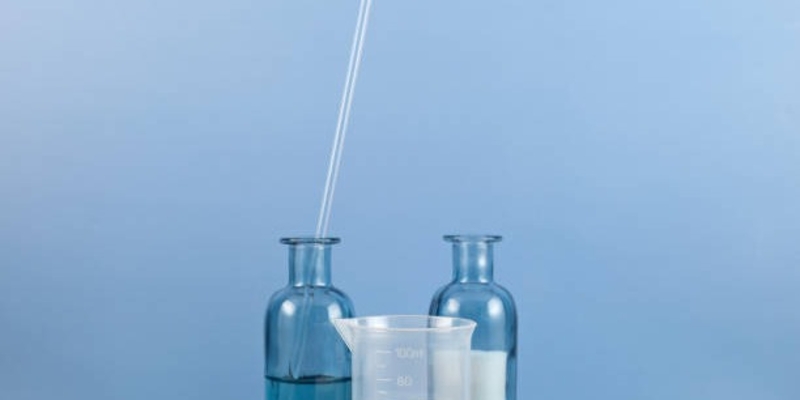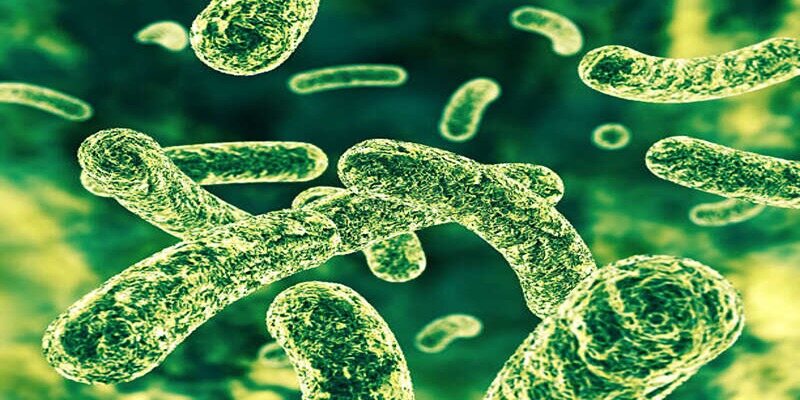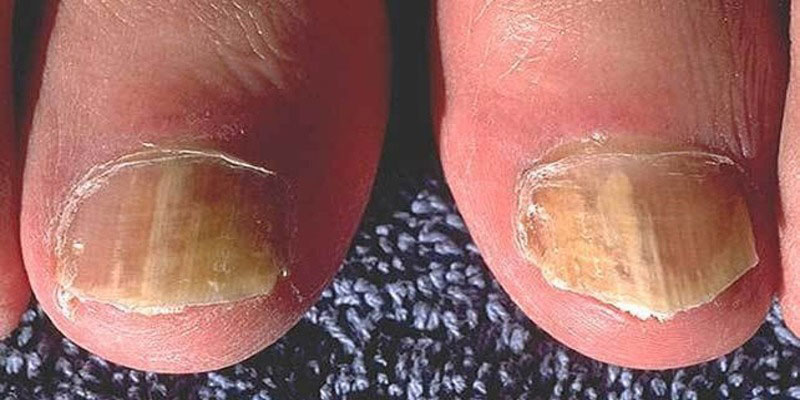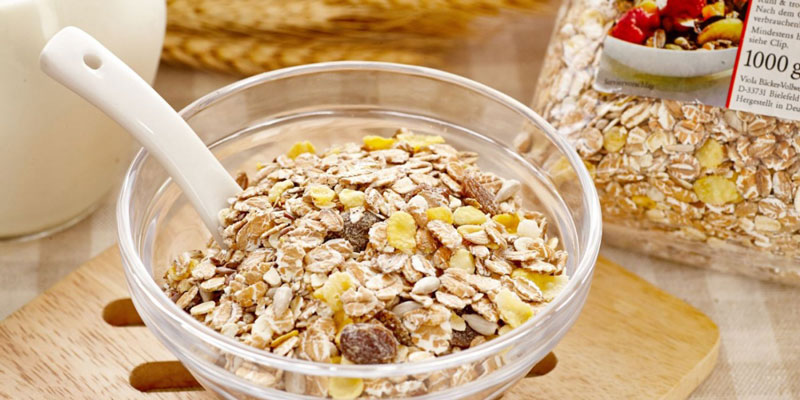We've all experienced that dreaded moment when you realize something didn't settle right with your stomach. Eating food contaminated with bacteria and toxins can lead to unpleasant symptoms, collectively known as food poisoning.
Fortunately, there are natural ways to effectively heal from the adverse effects of this common affliction; in this blog post, we will examine several tactics you can use to help recover quickly and get back on track again. These remedies are available for safe and effective relief, from medicinal herbs to dietary changes!
What Is Food Poisoning
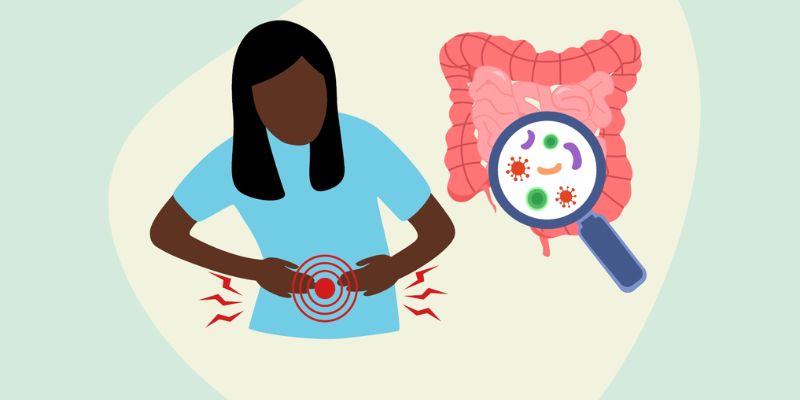
Food poisoning, also known as foodborne illness, is caused by consuming contaminated food. It occurs when harmful bacteria, viruses, parasites, or toxins in the food multiply or release toxins in the digestive system, leading to various symptoms and discomfort.
Food poisoning can affect anyone who consumes contaminated food at home, restaurants, or other food establishments.
Depending on the exact organism involved, the signs and symptoms of food poisoning might vary, but typical signs and symptoms include nausea, vomiting, stomach discomfort, diarrhoea, fever, and headache. Usually, these signs and symptoms show up a few hours to a few days after eating the infected food.
Food poisoning is usually mild and resolves independently within a few days without specific treatment. However, some cases can be severe and require medical attention, especially in vulnerable individuals such as young children, older adults, pregnant women, and those with weakened immune systems.
Home Remedies to Cure Food Poisoning
- Ginger: Ginger has soothing properties that may help alleviate nausea and promote digestion. Try consuming ginger tea or ginger ale or chewing on small pieces of fresh ginger.
- Apple cider vinegar: It is believed that apple cider vinegar's acidic properties can help kill bacteria in the digestive system. Mix one to two tablespoons of apple cider vinegar in a glass of water and drink it before meals.
- Peppermint: Peppermint has calming effects on the stomach and can help relieve symptoms like cramps and nausea. Drink peppermint tea or suck on peppermint candies.
- Probiotics: Probiotics, found in foods like yogurt or available as supplements, contain beneficial bacteria that can aid in restoring the balance of your gut flora.
- Garlic: Garlic has antimicrobial properties that may help fight off harmful bacteria. You can consume it raw or cooked in your meals to aid recovery.
- Cumin: Cumin seeds are thought to have antimicrobial and digestive properties. You can boil cumin seeds in water, strain, and drink the liquid for potential relief.
Natural Ways To Heal After A Bout Of Food Poisoning
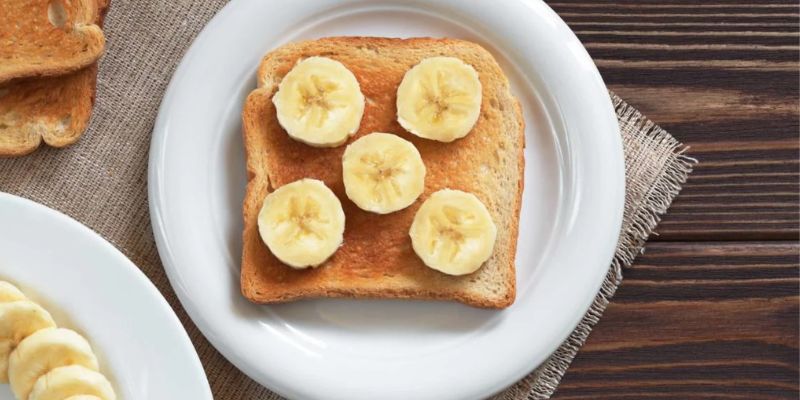
Rest Your Body
Resting is essential to help your body recover from food poisoning. Get as much sleep as you need and rest when feeling unwell. Taking breaks throughout the day can also help reduce stress, aiding recovery.
Drink Electrolytes
Drinking electrolytes is an important part of recovering from food poisoning. Electrolytes are minerals in the body that help regulate fluid balance, nerve, and muscle function. When you have food poisoning, your electrolyte levels may become depleted due to excessive vomiting or diarrhea.
Drinking fluids containing electrolytes can replenish these levels and help reduce symptoms such as fatigue, dizziness, and muscle weakness. Look for sports drinks that contain potassium, sodium, calcium, and magnesium to replenish your electrolyte stores quickly.
Additionally, coconut water is a good natural source of electrolytes. Remember that drinking plain water daily is still important to prevent dehydration.
Follow the BRAT Diet
BRAT stands for Bananas, Rice, Applesauce, and Toast. This diet has been commonly recommended for people suffering from food poisoning. The foods listed in the BRAT diet are low-fiber and easy to digest, which helps soothe an upset stomach and reduce diarrhea.
They also contain important electrolytes such as potassium and magnesium, which can help restore balance to the body. Additionally, these foods have anti-inflammatory properties that can help relieve discomfort caused by food poisoning.
It is important to note that the BRAT diet should only be followed for a short period - no more than 48 hours - until symptoms subside. If symptoms persist, it is best to seek medical advice right away.
Try a Probiotic Supplement
Probiotics are live bacteria and yeasts that may help digestion, immunity, and other health benefits. A probiotic supplement can help restore the balance of good and bad bacteria in your gut after food poisoning.
The supplement can provide the beneficial bacteria needed to promote healing and reduce symptoms such as nausea, diarrhea, bloating, gas, and cramps. Probiotic supplements usually come in capsule or powder form and should be taken daily for at least one week after recovering from food poisoning.
In addition to taking a probiotic supplement, it is important to consume probiotic-rich foods like yogurt, kefir, sauerkraut, miso soup, tempeh, kimchi, and kombucha. This can help maintain the balance of good to bad bacteria and reduce any further risk of food poisoning.
Take OTC Medications
Over-the-counter (OTC) medications can help relieve symptoms associated with food poisoning. Antidiarrheal medicines like loperamide or bismuth subsalicylate can help reduce diarrhea and cramps.
Additionally, antacids such as proton-pump inhibitors or H2 blockers may be useful in alleviating nausea and stomach pain.
However, it is important to note that OTC medications should only be taken after consulting a doctor or pharmacist to determine the correct dosage and ensure safety. Moreover, some drugs may interact adversely with specific medical conditions, so always read the labels carefully before taking any medication.
Avoid Apple Cider Vinegar and Lemon Juice
Apple cider vinegar and lemon juice are popular home remedies for food poisoning. While these may be helpful to some extent, it is important to note that they can also cause further irritation in the stomach.
The acidity of apple cider vinegar and lemon juice can exacerbate nausea, vomiting, and abdominal pain. Additionally, their consumption could lead to a worsening of diarrhea or an increase in the number of loose stools.
When To See a Medical Professional
Severe symptoms
Suppose you experience severe or persistent symptoms such as intense abdominal pain, high fever, bloody stools, severe dehydration, or signs of neurological issues. In that case, it is crucial to seek immediate medical care.
Prolonged duration
If your symptoms persist for more than a couple of days or show no signs of improvement, it is advisable to consult a healthcare professional.
Vulnerable individuals
Certain individuals are more susceptible to complications from food poisoning, including young children, older adults, pregnant women, and individuals with weakened immune systems or underlying health conditions. If you or someone in these high-risk groups develops food poisoning symptoms, it is recommended to seek medical advice promptly.
Pre-existing medical conditions
Suppose you have pre-existing medical conditions or take medications that could increase your vulnerability to food poisoning or its complications. In that case, consulting a healthcare professional for guidance is advisable.
FAQs
What is the fastest way to flush out food poisoning?
Drinking fluids containing electrolytes can help to replenish electrolyte levels and reduce symptoms such as fatigue, dizziness, and muscle weakness. Eating foods from the BRAT diet may help soothe an upset stomach and reduce diarrhea.
How long does it take for your body to recover from food poisoning?
The duration of food poisoning depends on the severity of the case. In most cases, symptoms can take 1-2 days to completely disappear.
How do you regain strength after food poisoning?
Regaining strength after food poisoning may require taking a balanced and nutritious diet. Consuming foods high in protein, carbohydrates, vitamins, minerals, and fluids can help replenish energy levels and promote healing. OTC medications such as loperamide or antacids may also help relieve certain symptoms.
Conclusion
Taking the natural route to healing after a bout of food poisoning can be a very effective strategy and a great way to care for your body when it needs it most. It's important to always listen to your body to recognize when something is wrong. Ensure you follow the BRAT diet, rest, drink electrolytes, take OTC medicines, and consider adding probiotic supplements into your daily routine. Also, avoid using apple cider vinegar or lemon juice as they can worsen symptoms in some people.

